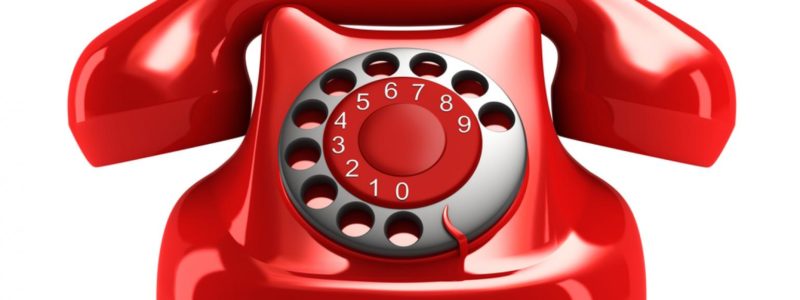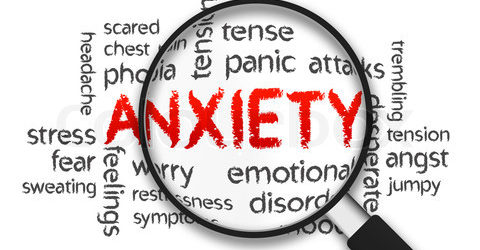“It’s good to talk”

The telecommunications company BT once had the campaign slogan ‘it’s good to talk’, and it’s not until now that I realise how much impact those words have in both the realms of telecommunication and mental health.
If someone said the words ‘it’s good to talk’, I would automatically think of BT as I have seen it on an advert somewhere at some point over my lifetime. However, it’s very interesting to read the information behind those words being created. The initial 1990 campaign had the brief of being to change people’s attitudes towards communications. Thirty years ago, it was aimed at men because they were seen as being the main people who paid the household bills, but women were largely the ones who used BT to talk to their friends and family. Men were seen as those who didn’t talk and didn’t approve of talking. This is something that is still seen in society today, but hopefully not on as much of an extreme scale.
In the BT advertisements, the actor Bob Hoskins was used as the person to say the line ‘it’s good to talk’ and was seemingly used to talk directly to men because of his ‘macho Cockney style’. The campaign was a success and lead to a huge increase in revenue for the company over the five years the campaign ran. Reading about this now, it seems like a genius campaign – four small words having a huge effect on its audience, linking male attitudes towards communicating and communication products together to change the attitudes towards buying them.
I find it fascinating that thirty years ago, a lifetime ago in terms of some attitudes in society, the link between men and talking was focused on. The creatives behind the campaign were using the information they had about their target audience and using it to change the views on using a certain type of product. It could be seen that it was just a way of making households buy more communication products, but its underlying message is still, and maybe even more, relevant in today’s society.
Targeting men in the 1990s campaign perhaps dates the campaign due to men being found as the gatekeepers to spending money in a household back then, but it does make me wonder if the same premise of an advertising campaign can be found today to target male mental health. In England, around one in eight men have a common mental health problem, but men may be reluctant to reach out to others and seek support due to a variety of reasons, including societal expectations and traditional gender roles. Society has changed a lot since 1990 and the original BT campaign, but even in 2020, some people still think the traditional expectations of men being the breadwinner of the household, and portraying perceived masculine traits of strength, dominance, control, and stoicism, should be apparent. Research has suggested that such traditional ideals of what being ‘a man’ is negatively impacts the mental health of males because conforming to these perceived ideals prevents men from talking about their feelings and emotions, leading to mental health problems and a reluctance of seeking help for them.
I think society is finally seeing that these traditional ideals for being ‘a man’ are both unhelpful and unrealistic. Recent mental health campaigns, such as Every Mind Matters, shows a variety of well-known people, men and women, supporting the campaign to help everyone gain the tools to aid their own mental health. I also think that the recent BBC1 documentaries that have used football to be the link to men starting to have a conversation about their own mental health is a new way of targeting men in a way that is more subtle and will hopefully change their behaviour. BT did this with using communication as a key to buy their products. Football is now being used as a backdrop of hopefully allowing men to see that if footballers, heroes in the eyes of many supporters, are supporting mental health campaigns and talking about mental health, then it is also OK for them to also talk about how they are feeling. Whether it’s Bob Hoskins or the Thierry Henry, it really is good to talk.
Sarah Keeping MBPsS MSc PgDip GDip BA (Hons) Cert HE
Follow Sarah on twitter at @keepingapproach
Follow E-therapy on social media:
Facebook – @Etherapy
Twitter – @EtherapyToday
References
https://www.campaignlive.co.uk/article/its-good-talk-story-behind-campaign/938629
https://www.mentalhealth.org.uk/a-to-z/m/men-and-mental-health


